Are you looking for a way to earn money online that leverages your creativity and technical skills? Look no further than web development! As businesses and individuals increasingly rely on their online presence, the demand for skilled web developers continues to soar. Whether you’re a seasoned coder or just starting, web development offers a fulfilling and profitable career path.
What is Web Development?
Web development entails the design and upkeep of websites. It encompasses a range of tasks from developing a simple single-page site to complex web applications. Web development can be divided into three primary areas:
- Frontend Development: This area focuses on building the parts of a website that users directly engage with. This includes everything from the layout and design to the interactive elements and content presentation. Key components include:
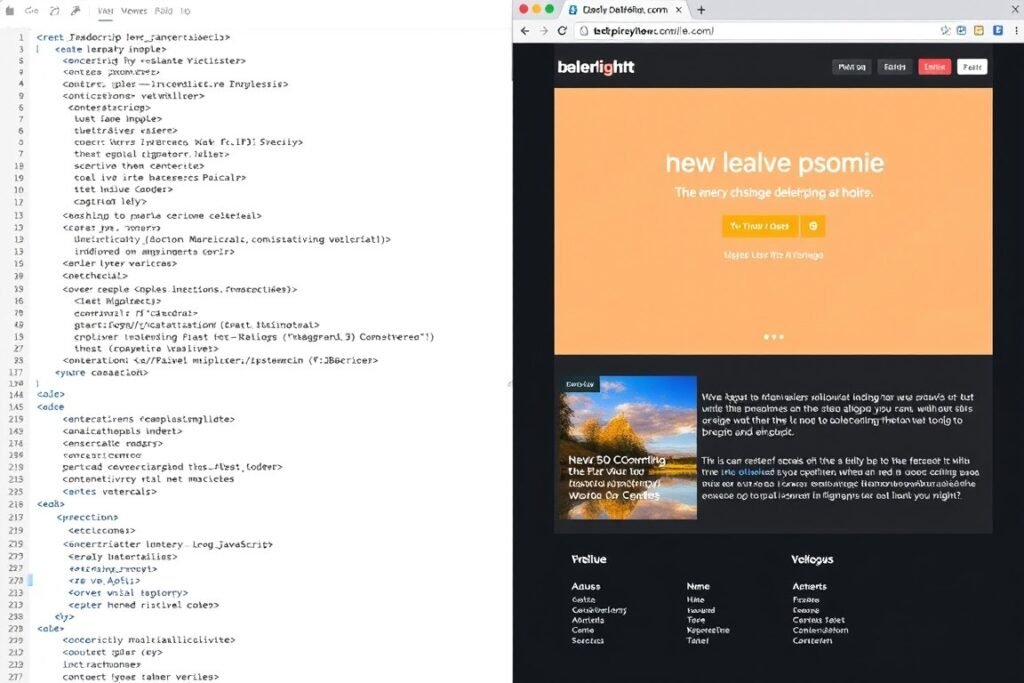
- HTML (Hypertext Markup Language): HTML is the fundamental markup language used to construct the structure of web pages. It defines the elements of a webpage, such as headings, paragraphs, links, images, and other types of content.
- CSS (Cascading Style Sheets): CSS governs the styling and layout of HTML elements. With CSS, you can specify colors, fonts, spacing, and positioning, allowing you to create visually appealing and responsive designs.
- JavaScript: JavaScript is a programming language that allows for interactive features on web pages. It allows developers to create dynamic content, handle user input, and manipulate the DOM (Document Object Model) to enhance user experience.
- Backend Development: This area concentrates on the server-side aspects of web development, including the management of databases, servers, and application logic that drive a website. Key elements include:
- Server Management: The server’s role is to process requests from the client (web browser) and provide the necessary responses. Backend developers configure and maintain servers to ensure smooth operation.
- Programming Languages: Common backend languages include PHP, Python, Ruby, Java, and Node.js. These languages are used to write server-side scripts that interact with databases, process data, and manage user authentication and authorization.
- Databases: Databases are essential for storing and organizing the data utilized by web applications. Common database systems include MySQL, PostgreSQL, MongoDB, and SQLite.Backend developers design database schemas, write queries, and ensure data integrity and security.
- Full-Stack Development: Full-stack development involves working on both the front end and back end of a web application. Full-stack developers have a comprehensive understanding of how the entire web application operates, from the user interface to the server and database. This allows them to build and maintain complete web solutions.

Steps to Start Earning Through Web Development
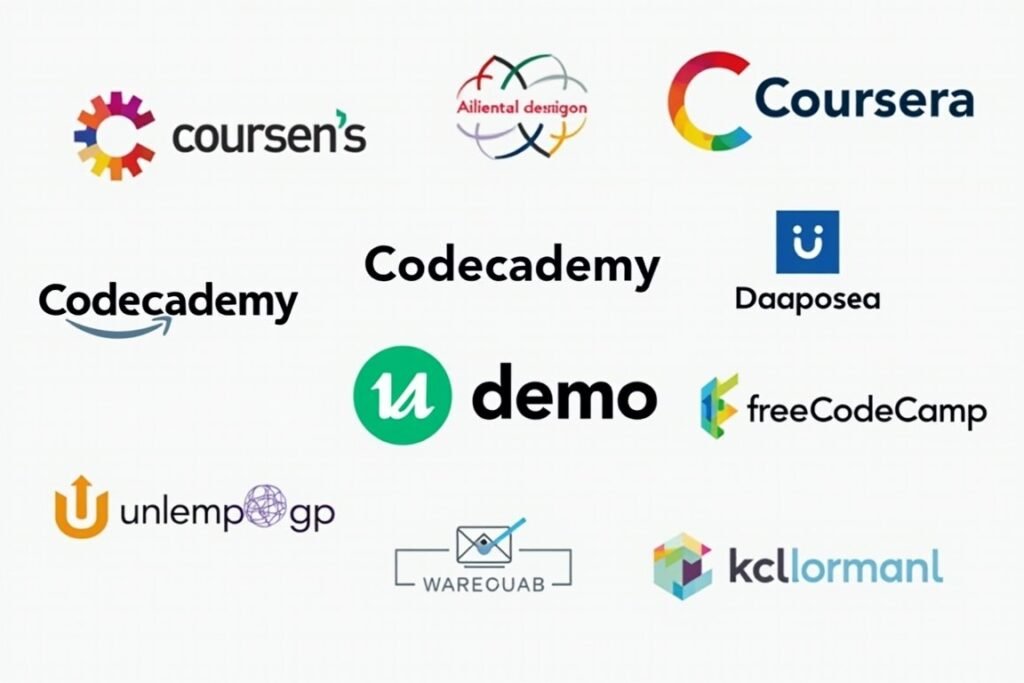
- Learn the Necessary Skills: The first step to becoming a web developer is acquiring the necessary skills. Fortunately, there is a wealth of resources available to aid your learning journey.
- Online Courses and Tutorials: Platforms like Codecademy, Coursera, Udemy, and freeCodeCamp offer structured courses on web development. These courses cover topics ranging from basic HTML and CSS to advanced JavaScript frameworks and backend development.
- Practice: Building small projects is a great way to apply what you’ve learned. Create simple web pages, build interactive elements, and experiment with different technologies to gain hands-on experience.
- Certifications: While not always necessary, earning certifications from reputable organizations can boost your credibility and showcase your expertise to potential clients or employers.
- Build a Portfolio: An impressive portfolio is crucial for demonstrating your skills and attracting clients. Here’s how to build one:
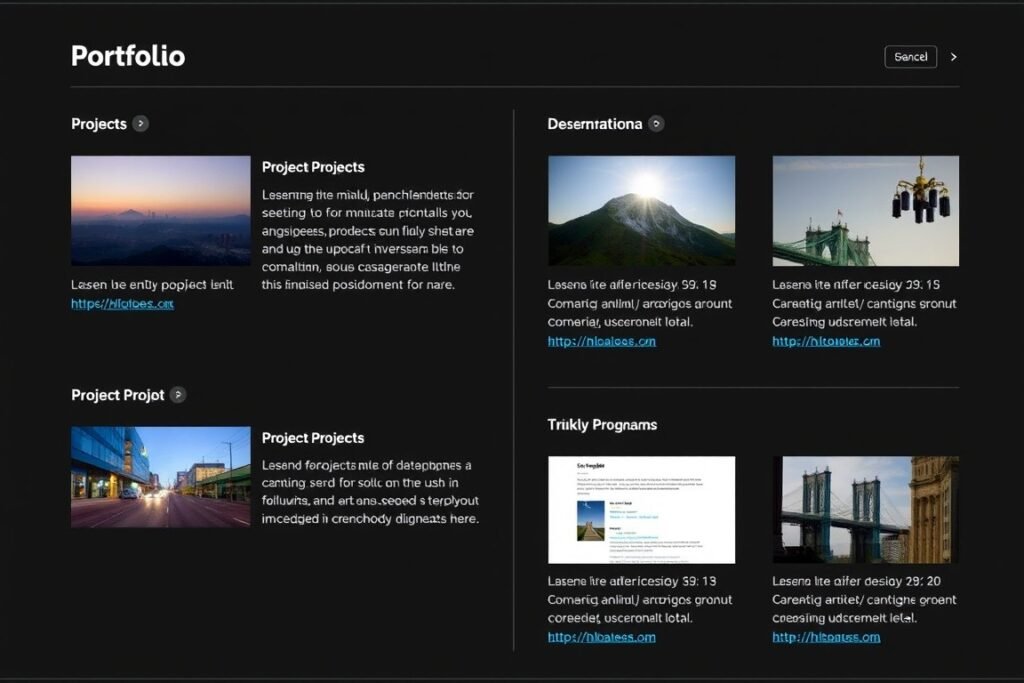
- Personal Projects: Develop personal or sample projects to demonstrate your abilities. These projects can include websites, web applications, or even contributions to open-source projects.
- Open Source Contributions: Contributing to open-source projects on platforms like GitHub allows you to gain experience, collaborate with other developers, and build a portfolio of publicly accessible work.
- Document Your Work: For each project, include a description, of your role, the technologies used, and links to the live project and source code. This helps potential clients or employers gauge your abilities.
- Find Clients: Once you have the skills and a portfolio, the next step is finding clients. There are several ways to do this:
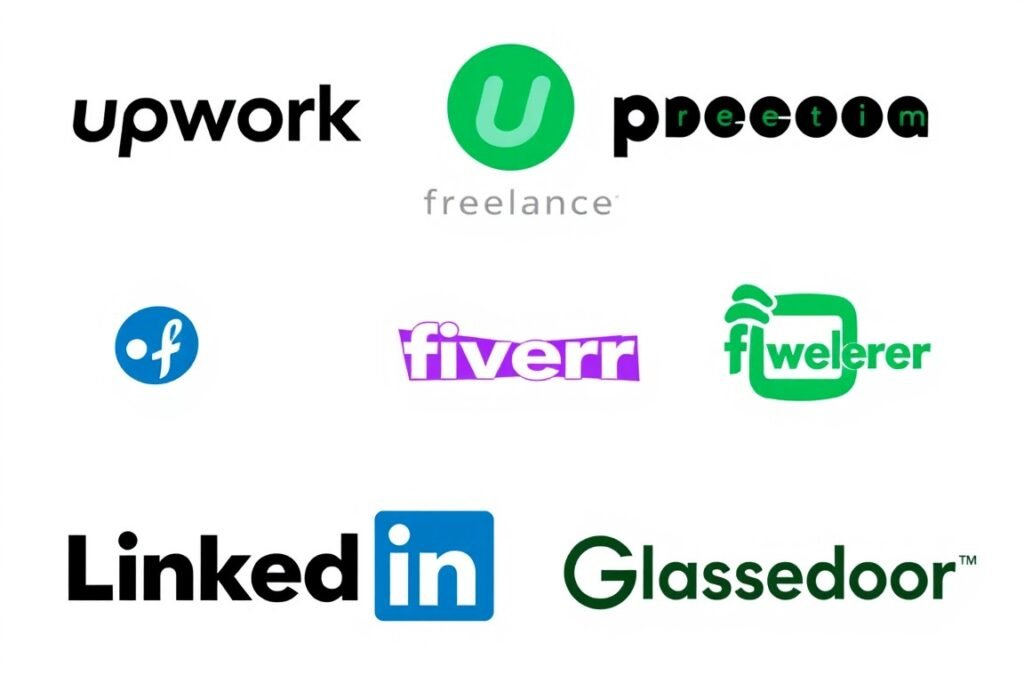
- Freelance Platforms: Websites like Upwork, Freelancer, and Fiverr connect freelancers with clients looking for web development services. Create a profile, highlight your portfolio, and begin bidding on projects.
- Job Boards: Websites like Indeed, LinkedIn, and Glassdoor list web development job openings. Apply for roles that align with your expertise and interests.
- Networking: Attend industry events, join online forums, and leverage social media to connect with potential clients. Networking can generate referrals and foster long-term business connections.
- Develop and Deliver Projects: Successfully developing and delivering projects requires effective communication and project management:
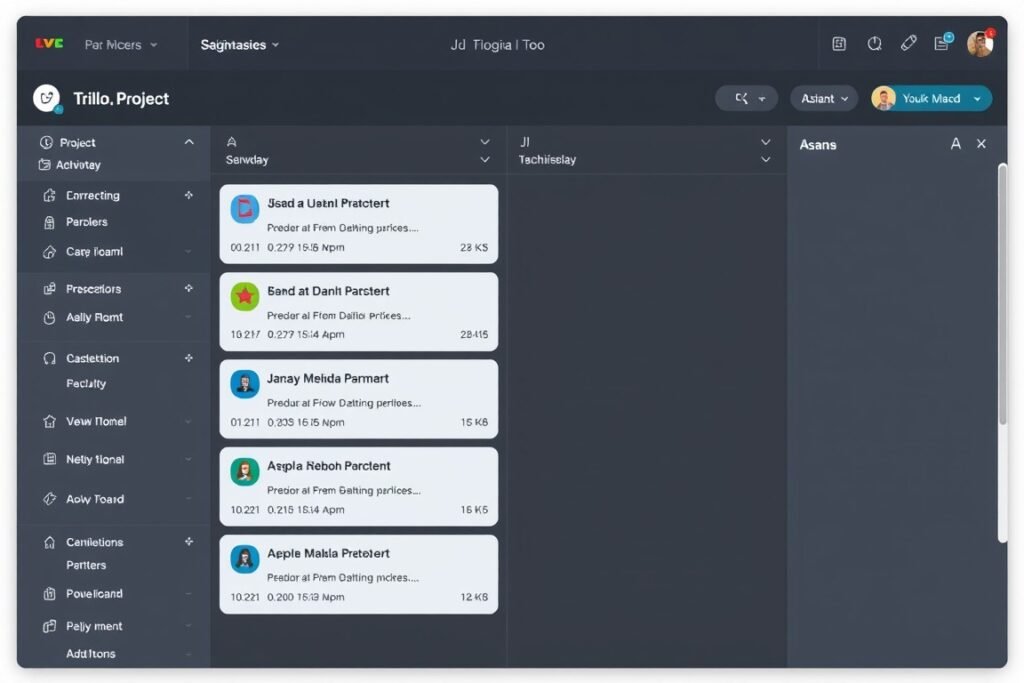
- Understand Client Needs: Communicate with clients to understand their requirements, goals, and expectations. Ask questions to clear up any ambiguities and make sure everyone is on the same page.
- Project Management Tools: Utilize tools such as Trello, Asana, or JIRA to manage tasks, establish deadlines, and monitor progress. These tools help you stay organized and ensure timely delivery of projects.
- Quality Assurance: Test your projects thoroughly to identify and fix bugs. Ensure the website is responsive, user-friendly, and performs well across different devices and browsers.
- Maintenance and Support: Offering ongoing maintenance and support services can lead to long-term client relationships and additional income:

- Regular Updates: Keep websites updated with the latest security patches, bug fixes, and feature enhancements. Regular updates help maintain the website’s performance and security.
- Performance Optimization: Optimize websites for speed and efficiency. This involves optimizing images, reducing code, and using caching methods to enhance load times.
- SEO Optimization: Help clients improve their search engine rankings by implementing SEO best practices. This includes optimizing on-page elements, improving site structure, and creating high-quality content.
- Security Enhancements: Implement measures to safeguard websites from cyber threats. This includes using SSL certificates, setting up firewalls, and regularly scanning for vulnerabilities.
FAQs
Q. What is the average salary for a web developer?
A. Salaries vary, but junior developers can start at around $50,000 per year, with experienced developers earning $100,000 or more. Freelance web developers can charge hourly rates ranging from $20 to over $100, depending on their expertise and the complexity of the project.
Q. Do I need a degree to become a web developer?
A. No, many successful web developers are self-taught. You can gain the essential skills through online courses, coding boot camps, or self-directed learning. However, a degree in computer science or a related field can be beneficial and may be required by some employers.
Q. How much time is required to master web development?
A. It depends on your dedication and the complexity of the skills you want to acquire. For some individuals, proficiency can be achieved within a few months, whereas others might need a year or longer. Consistent practice and real-world experience are key to becoming a skilled web developer.
Q. Which skills are most crucial for a web developer?
A. Proficiency in HTML, CSS, and JavaScript for frontend development and at least one backend language like Python or PHP. Additionally, familiarity with version control systems like Git, understanding of responsive design principles, and knowledge of SEO best practices are valuable skills.
Q. Is it possible to work remotely as a web developer?
A. Absolutely! Many web developers work remotely, offering flexibility and convenience. Remote work allows you to collaborate with clients and teams from around the world, making it an attractive option for many professionals.
Conclusion

Web development is a dynamic and rewarding field that offers endless opportunities for online earning. By learning the necessary skills, building a strong portfolio, and effectively managing client relationships, you can carve out a successful career as a web developer.
Embrace the world of web development and unlock your potential in the digital economy. Happy coding!








